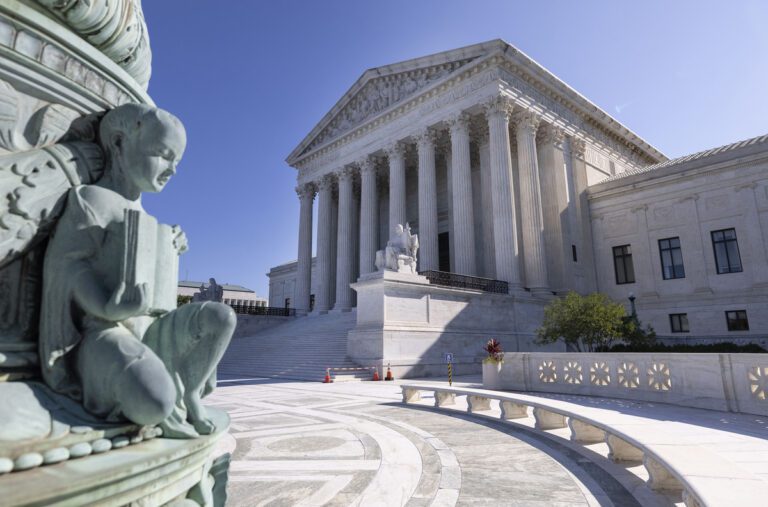🎧 Listen to This Article
The U.S. Supreme Court appeared sympathetic toward the Catholic Charities Bureau’s bid for a religious exemption from Wisconsin’s unemployment insurance tax, signaling a potential shift in legal precedent on religious rights and tax obligations.
The case centers on whether Wisconsin’s denial of the exemption violates the First Amendment by restricting free exercise of religion. The Catholic Charities Bureau, the social ministry arm of the Catholic Diocese of Superior, argues that its work aligns with religious purposes. However, the Wisconsin Supreme Court previously ruled that the organization’s activities are primarily charitable and secular, making it ineligible for exemption.
Key Arguments:
- Catholic Charities Bureau’s Position: The law should take a broad approach to religious exemptions.
- Wisconsin’s Position: Expanding the exemption could jeopardize unemployment benefits for over one million employees working for religiously affiliated employers, such as hospitals.
- Federal Government’s Role: The Trump administration backs the Catholic group’s appeal, reinforcing arguments for greater religious exemptions.
Potential Implications:
A ruling in favor of Catholic Charities Bureau could reshape religious tax exemptions nationwide, influencing how religiously affiliated organizations qualify for tax breaks.
The Supreme Court’s final decision could alter how state unemployment insurance programs interact with religious organizations, with significant financial and legal consequences for similar cases in other states.
For further details, clarification, contributions, or any concerns regarding this article, please contact us at editorial@tax.news. We value your feedback and are committed to providing accurate and timely information. Please note that our privacy policy will handle all inquiries



